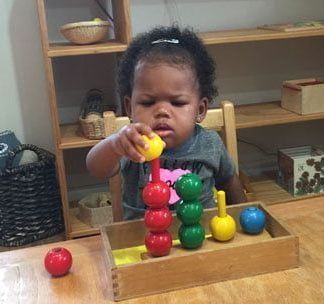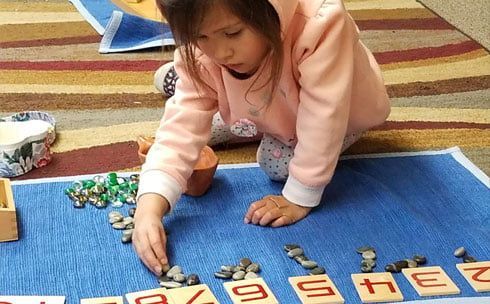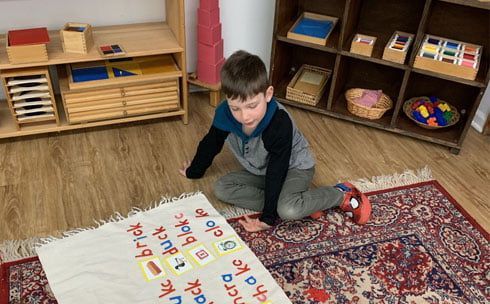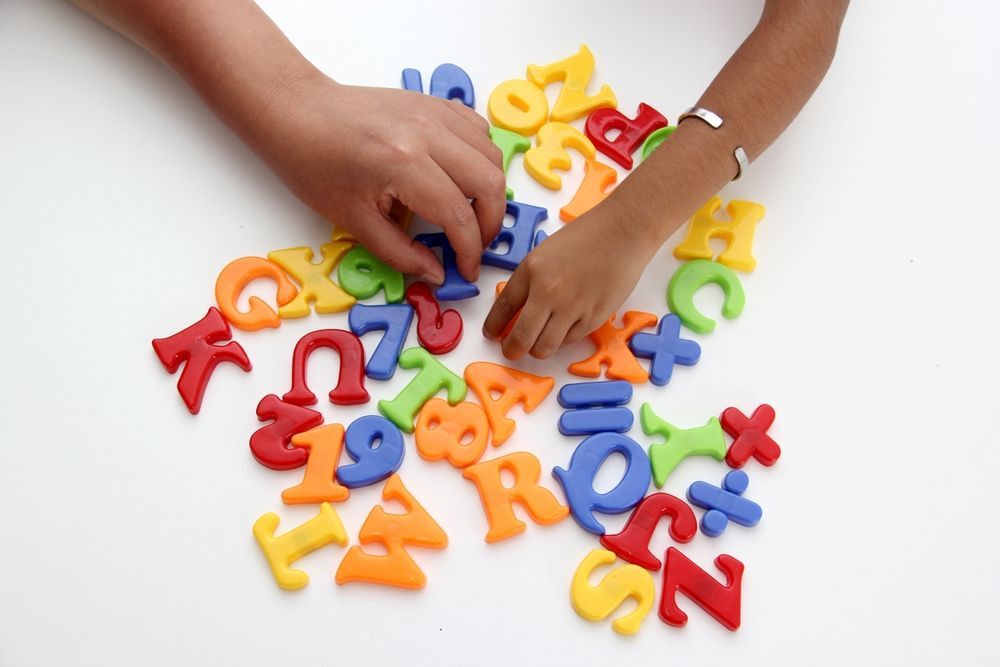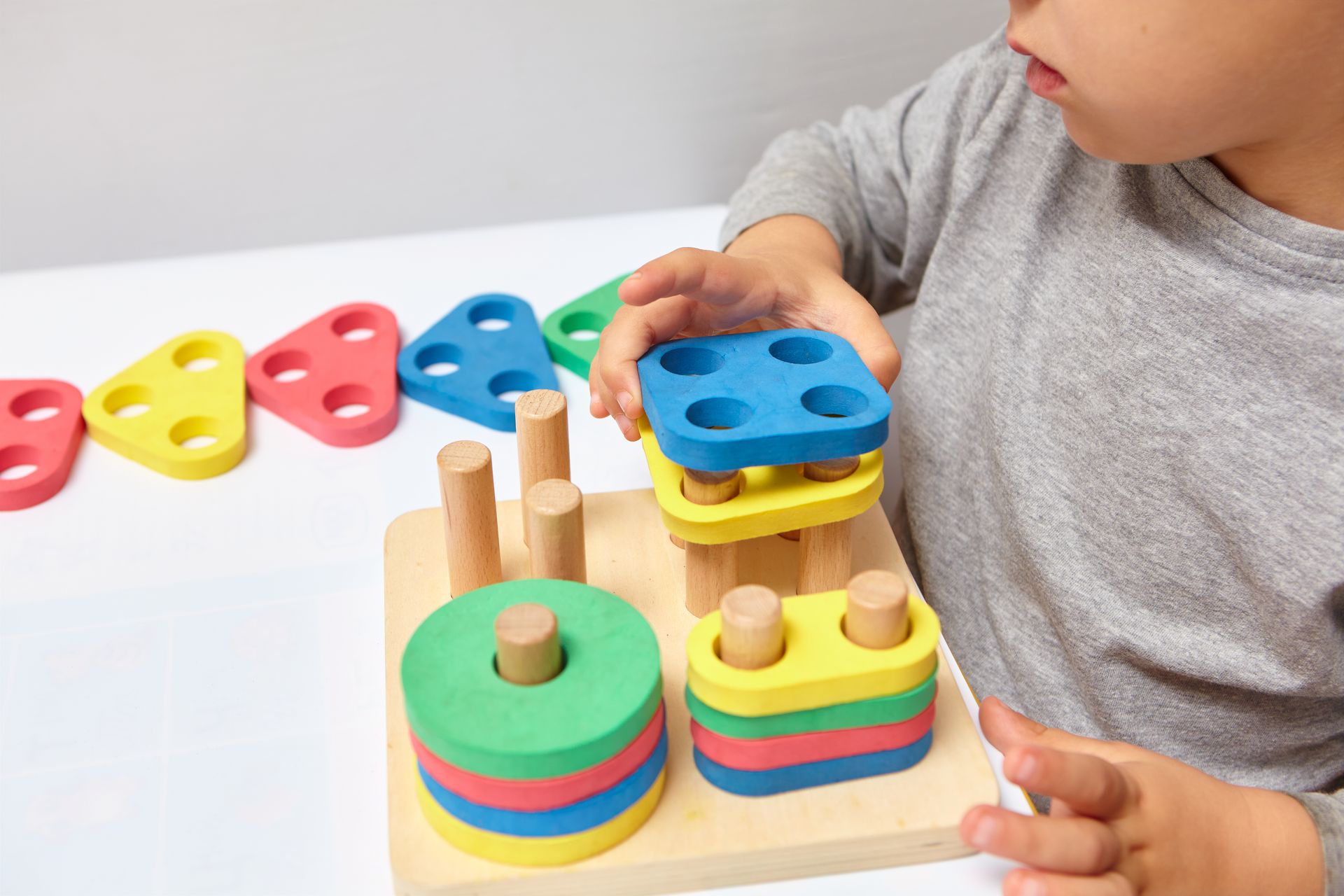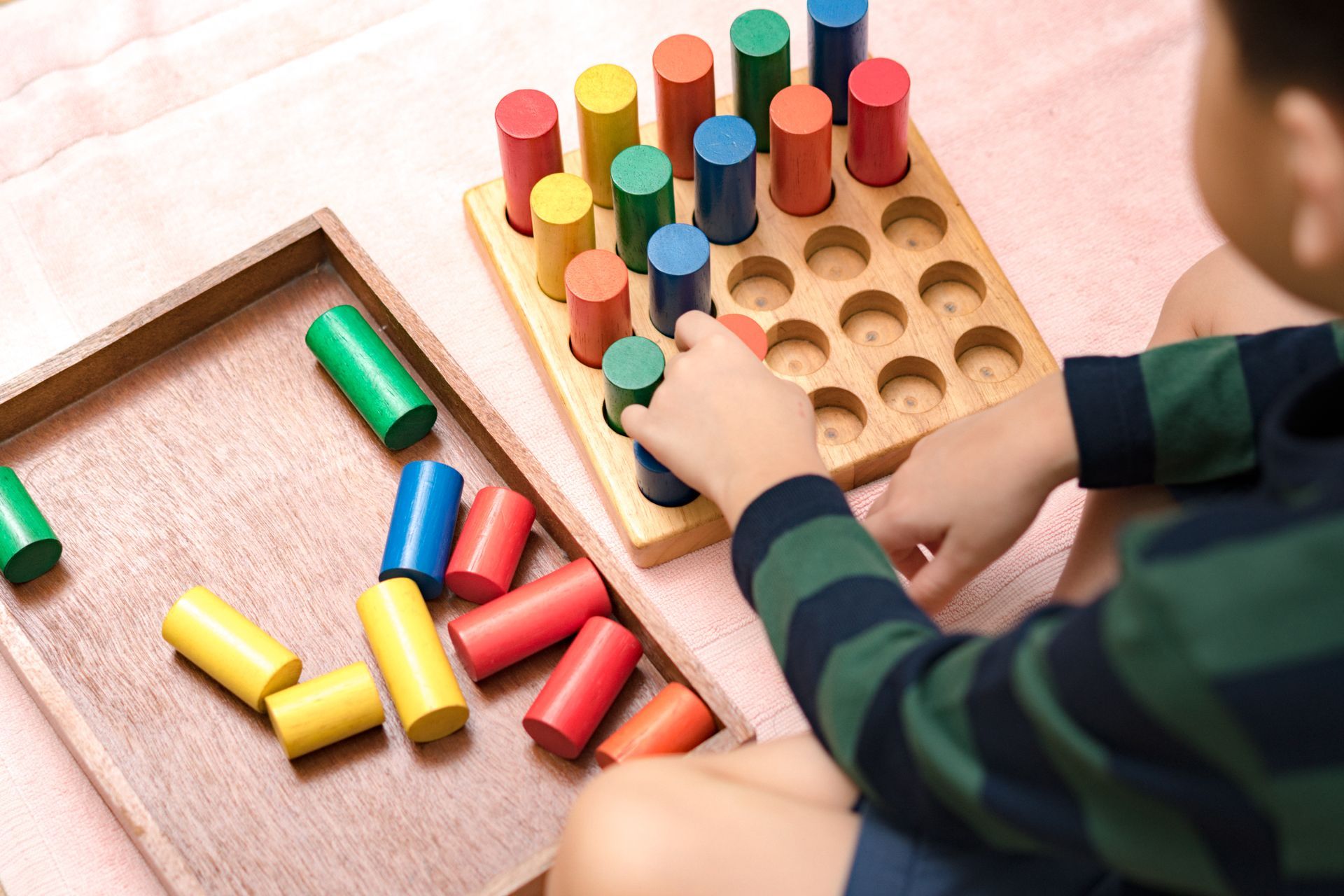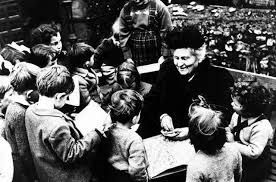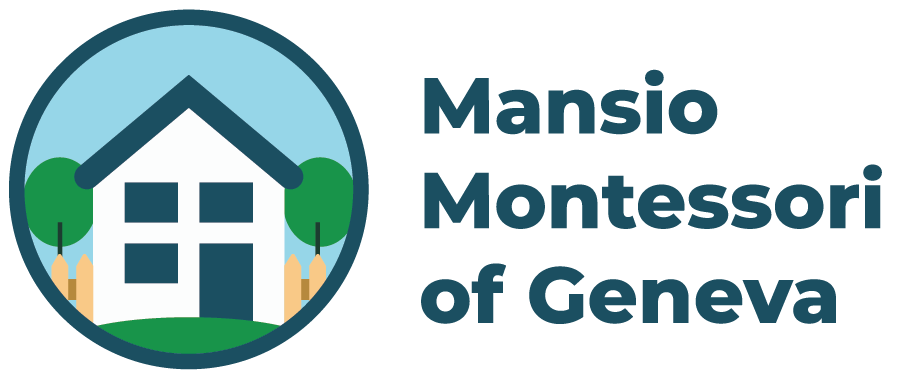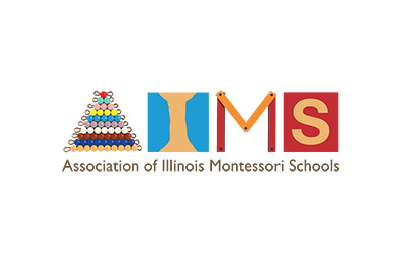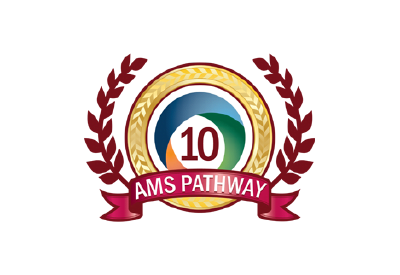4 Montessori Stages of Development
Share this Article:

Montessori learning is much more than a unique preschool curriculum. With contrasting curriculums to that of public-school systems, Montessori schools focus on building a child’s development through a distinct set of stages that extend well into your child’s adolescence. Are you wondering what Montessori learning looks like throughout your child’s journey to adulthood? Below, we explore the four Montessori stages of development that help your child from birth and beyond.
Montessori Stages of Development: The 4 Planes

Plane #1: Early Childhood (Birth to Age 6)
Although early childhood education itself offers multiple development milestones and benefits , this pivotal plane focuses on your child’s ability to absorb new information and stimulation. When your child feels safe in his or her environment, they will learn and develop gross and fine motor skills, in addition to their unconscious and conscious mind.
Imagine all that happens during your child’s first six years of life. From differentiating sounds, smells, and tastes to learning how to crawl, stand, walk, and speak, young minds are learning so much. While entering toddlerhood, they will develop hand-eye coordination, adjust to their culture, increase their vocabulary to several hundred words, and hone their cognitive development, among many other milestones.
As a result, the Montessori stages of development separate the first plane into two, three-year cycles .
Throughout the first plane of development, children will begin growing in independent play and task completion, practicing the mentality: “I can do this all by myself!” In tandem with independence comes your child’s individuality and personality distinction as they begin showing concrete personality traits and emotional patterns.
Common educational elements in this Montessori stage of development include:
- Movement
- Language, reading, and writing
- Music
- Building social relationships, respect, and manners
Plane #2: Childhood (Ages 6–12)
With core cognitive milestones developed, the second plane of development encourages your child’s desire to know more and grow in their independence. As a result of their evolving conscience and working knowledge of right and wrong, your child’s mentality now includes: “I can decide and think for myself!”
Montessori programs for this age group will create activities that promote problem-solving, critical thinking, and cause-and-effect scenarios. Additionally, as they learn more about the world and environment, your child will begin to consider their place in this world, their identity and who they wish to become, and how they can help others in need.

Common educational elements in this Montessori stage of development include:
- Geography
- Identity and interconnectivity
- Moral order and fairness
- Problem-solving (educationally and relationally)

Plane #3: Adolescence (Ages 12–18)
Adolescence is a pivotal period for everyone. As their emotional, physical, and social development reach new heights, this third plane of development bolsters reflective learning and application.
With a growing knowledge of the world around them and the emotions within, adolescence encourages self-concern and self-assessment, resulting in the next mentality: “I can stand on my own!” As a result, adolescents will practice making more independent decisions, constructing a social life, and develop emotional independence.
Common educational elements in this Montessori stage of development include:
- Enhanced critical thinking for complex scenarios
- Exploring deeper moral and social values
- Establishing a unique social identity
- Expanding independence and control over life decisions
Plane #4: Young Adulthood & Maturity (Ages 18–24)
The fourth and final plane of development occurs when your child transitions from adolescence to young adulthood, enhancing maturity as they transition into total independence. At this time, young adults will begin exploring who they are spiritually and emotionally, forming a more cognitive awareness of their identity.
Additionally, this stage of development heavily demonstrates a strong desire for financial independence and decision-making. With new experiences in working and earning an income, their mentality now transitions into: “I can get it myself!”

Common educational elements in this Montessori stage of development include:
- Developing spiritual beliefs and solidifying morals
- Exploring career paths and how to contribute to the world
- Discovering passions and creating life goals
- Practicing financial independence
Building the Montessori Stages of Development with Mansio
Although you can begin Montessori learning at any age, solidifying core Montessori methods during the first plane of development rewards great results.
At Mansio Montessori of Geneva , we are dedicated to fostering your child’s early childhood development with optimal learning environments that stimulate educational growth both at home and school. By tailoring the educational experience to each child, we inspire our students with a passion for learning.
If you want to learn more about our early childhood programs and what these may look like for your child, please contact us .
